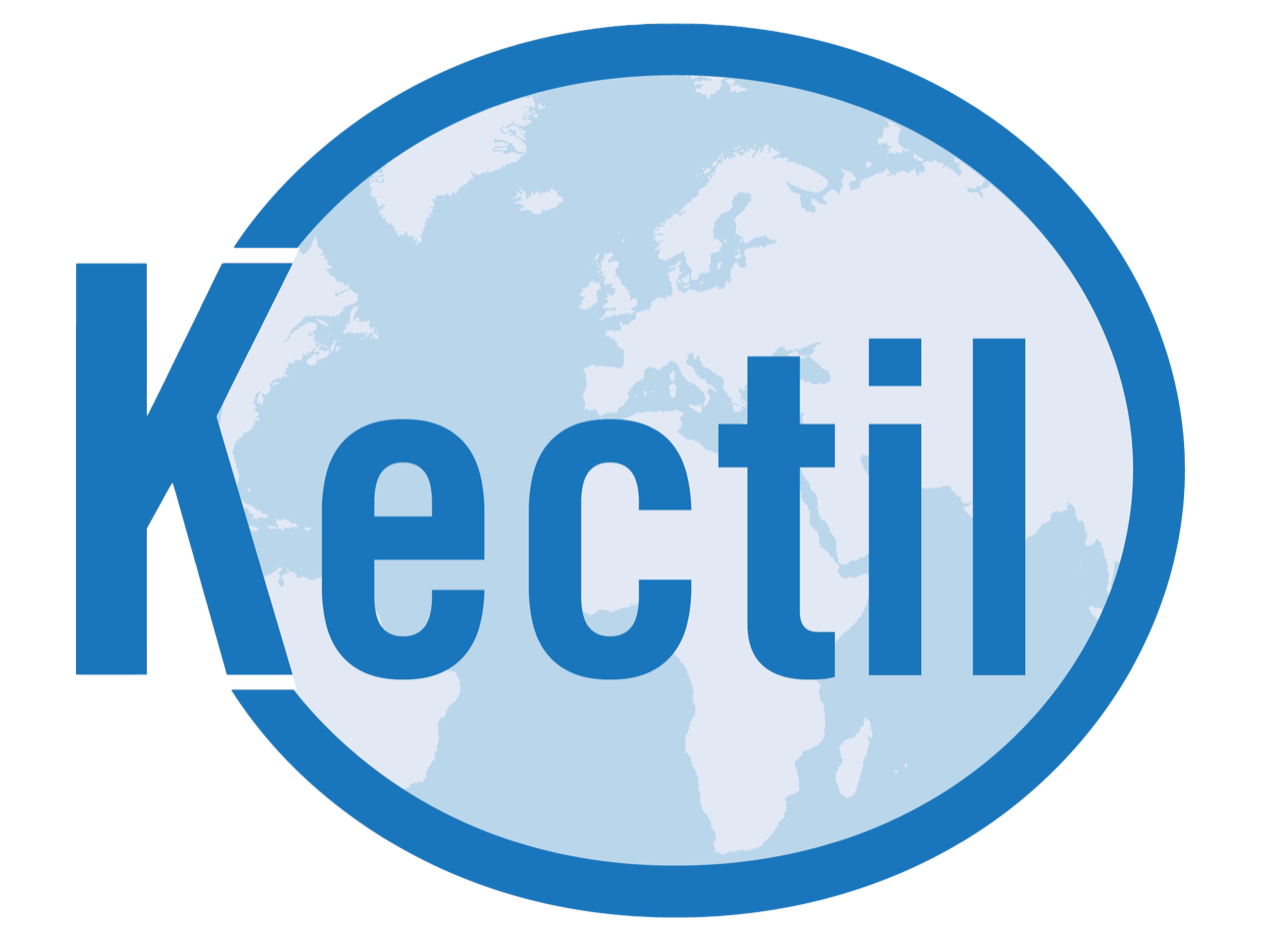“Don’t let anyone rob you of your imagination, your creativity, or your curiosity. It’s your place in the world; it’s your life. Go on and do all you can with it and make it the life you want to live.”
-Mae Jemison (first Black Woman to travel in space)
Today we would like to celebrate powerful African female scientists who are changing the world. African women are now breaking glass ceilings and carving a better future for girls and women in science!
Professor Karim is a South African epidemiologist, known for her many contributions to AIDS research. She is the Associate Scientific Director of the AIDS research center, CAPRISA, a professor in Clinical Epidemiology at the Columbia University, and an honorary professor in Public Health at the University of KwaZulu-Natal. She is also the vice-president of the African Academy of Sciences, Southern Africa and the foreign associate member of the Institute of Medicine (IoM) of the National Academies. In 1981, she graduated with a bachelor of science from the University of Durban-Westville. She then moved on to the University of Witwatersrand, gaining a bachelor of science honors degree in Biochemistry. She gained her Master’s Degree in Parasitology in 1988 from Columbia University. In 2000, she completed her PhD in Medicine from the University of Natal, in South Africa.
In the 1990s, South Africa had an extreme HIV epidemic. Prof. Karim conducted population-based surveys to understand the spread of the epidemic in women, based on factors such as gender, age, and migration. In 1992, she co-authored an article highlighting that women are more vulnerable to the HIV infection.
Prof. Karim encouraged the government to put in place practices to try to reduce the high rate of infection such as offering females pre-exposure prophylaxis (PrEP). In 2007, CAPRISA conducted a clinical trial, named CAPRISA 004. Prof. Karim was the principal investigator looking into the ability of topical Tenefovir gel to reduce the risk of HIV spread. Through this study, Prof. Karim has played a key role in the prevention of HIV infection in young women in South Africa.
Prof. Karim has won many awards for her work on AIDS research. In 2011, she won the Olesegun Obasanjo Prize for Scientific Discovery to reward and honor the outstanding contributions she made in scientific discovery. In 2013, she won the Order of Mapungubwe, for her work in fighting the HIV epidemic in South Africa. In 2014 she won the SAMRC Scientific Merit Award (Gold) for her contributions to health research in South Africa. In the same year she also won ASSAF Science-for-Society Award (Gold) for her outstanding achievement in scientific thinking for the benefit of society. In 2015 she was awarded the eThekwini Living Legends Award and in 2016 the L’Oreal-UNESCO Award for Women in Science. Most notably, Prof. Karim was awarded the top U.S. breakthrough prize (Twas-Lenovo Prize) for developing world scientists. She was also awarded South Africa’s highest honor she became the first women recipient of that award. Her scientific discoveries have contributed not only to better treatment but also to make women more self-reliant in risk prevention.
Kectil thanks Professor Karim for her impressive work to stop the spread of HIV in AFrica!
